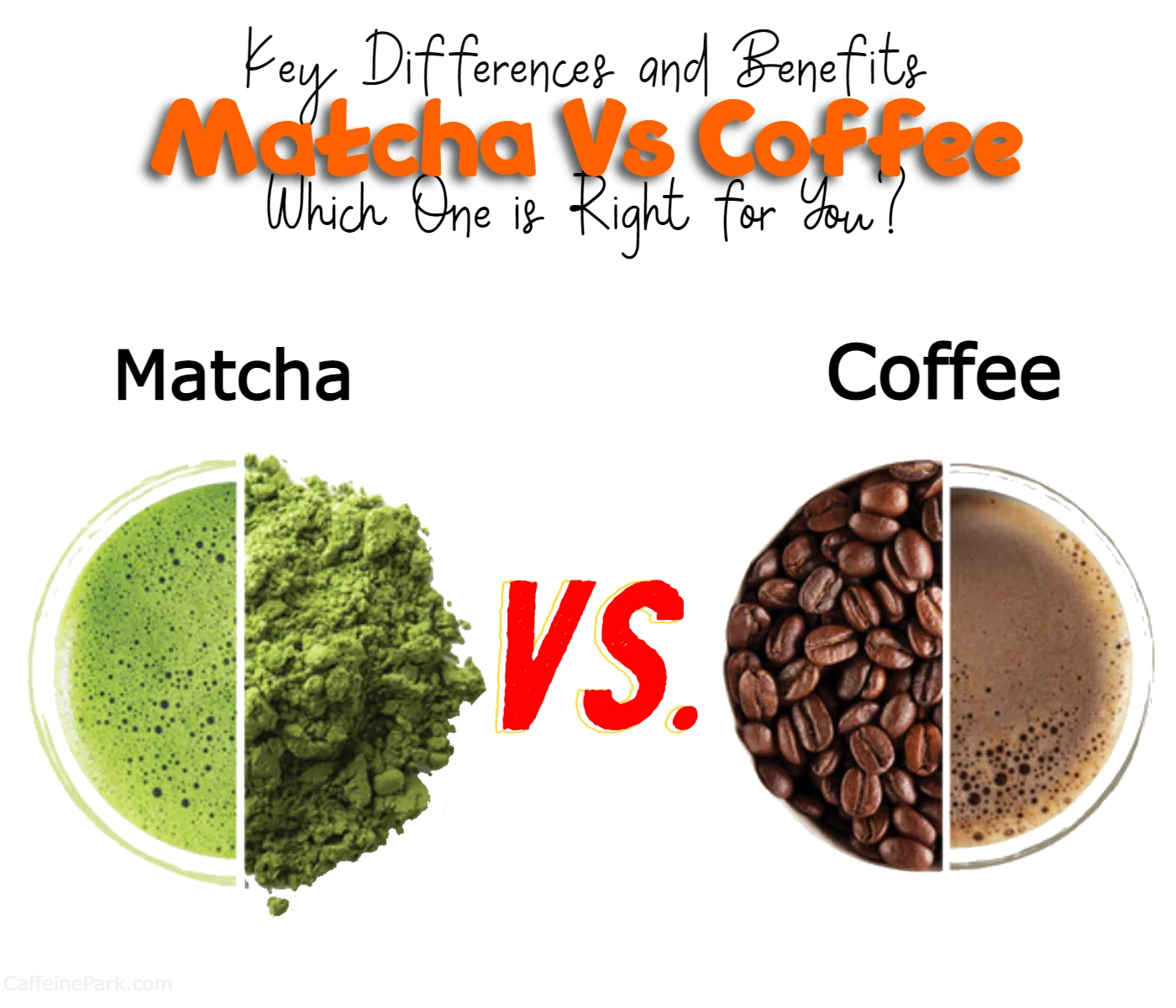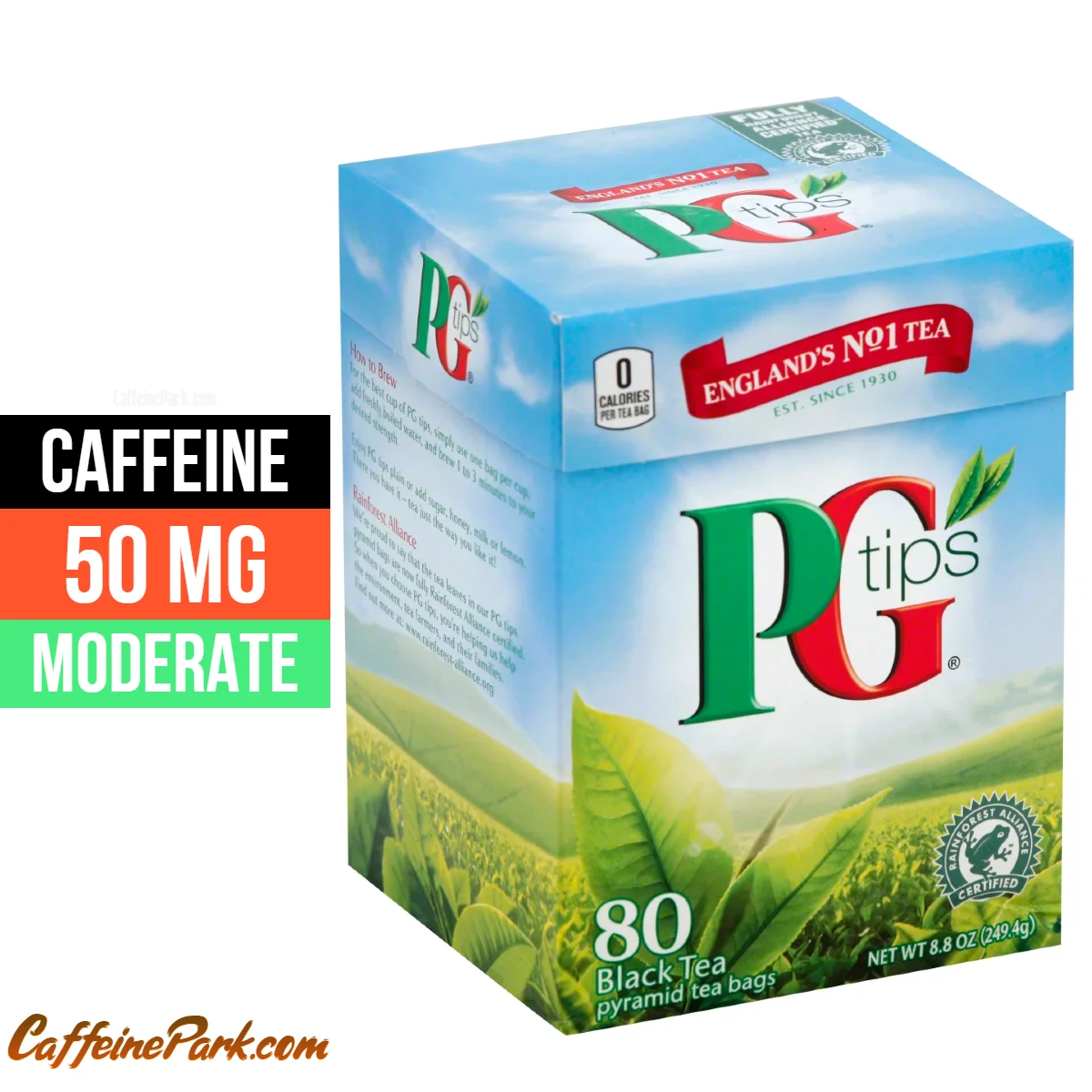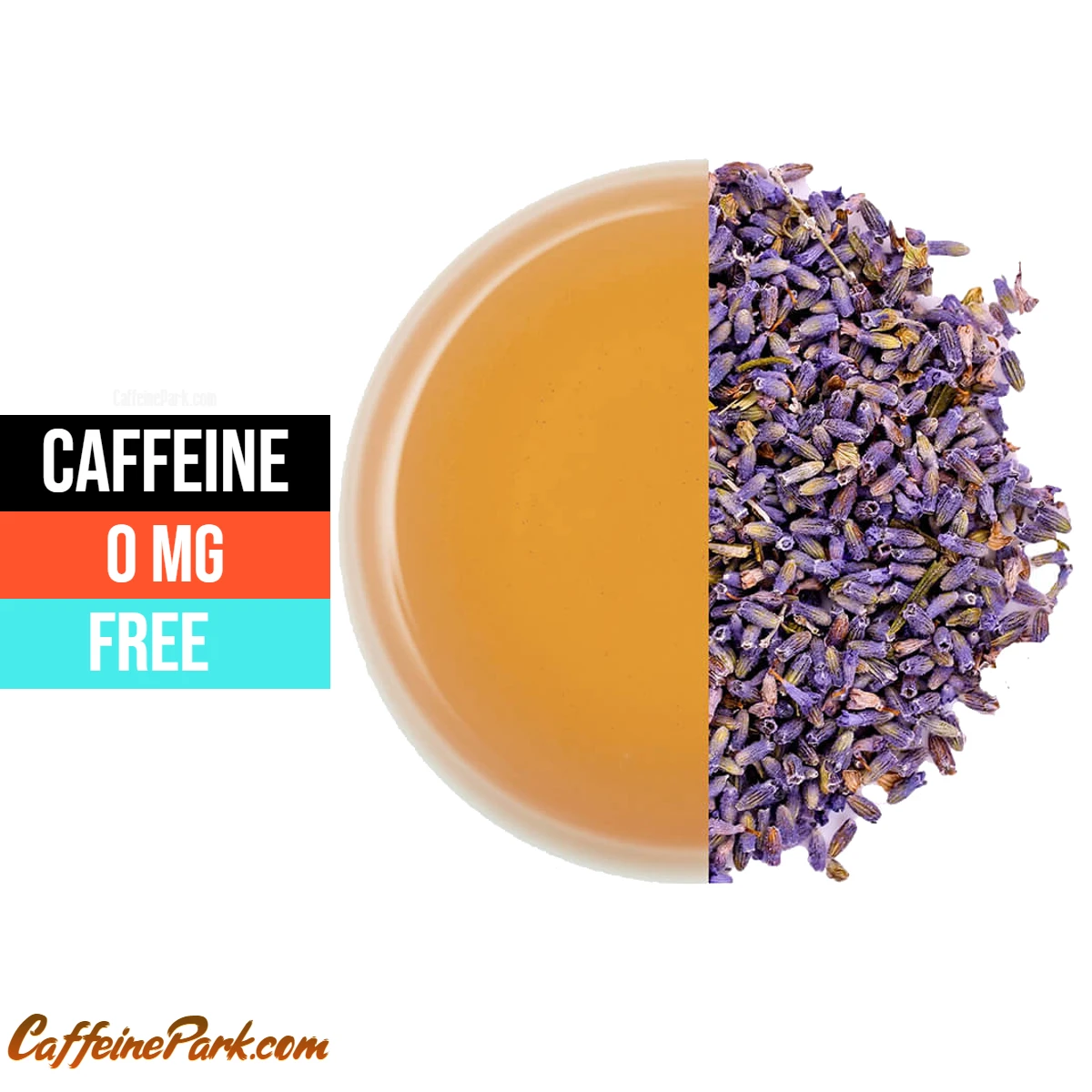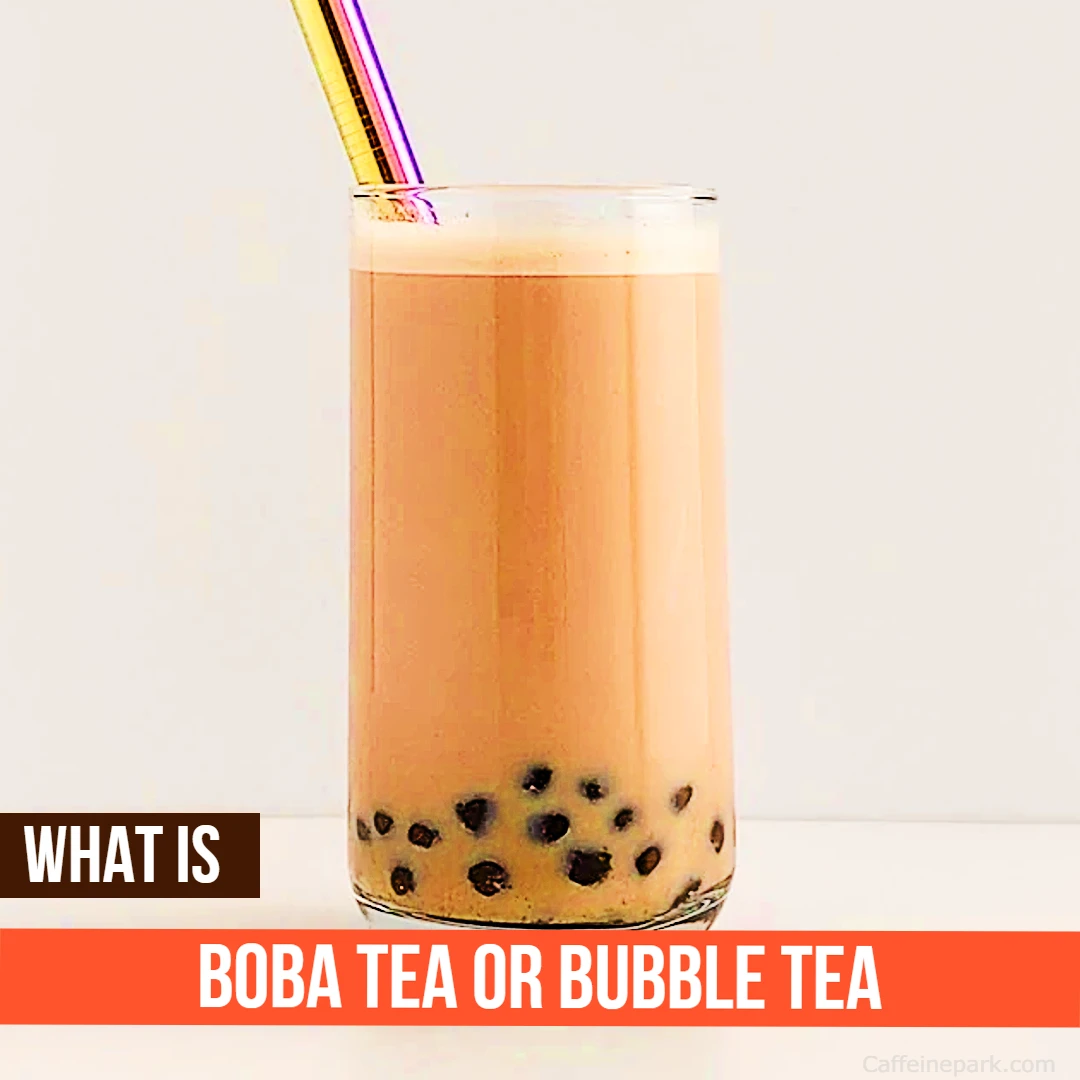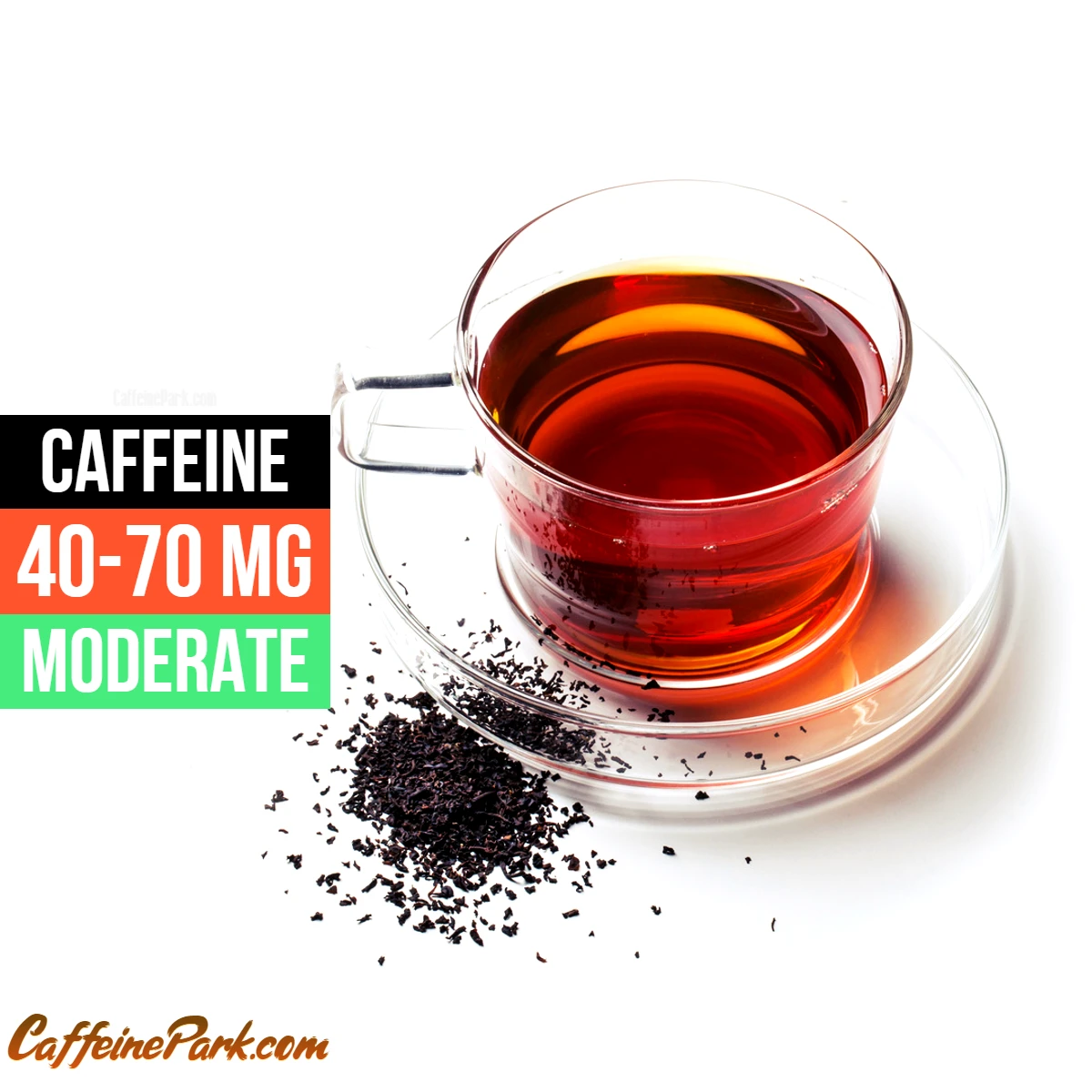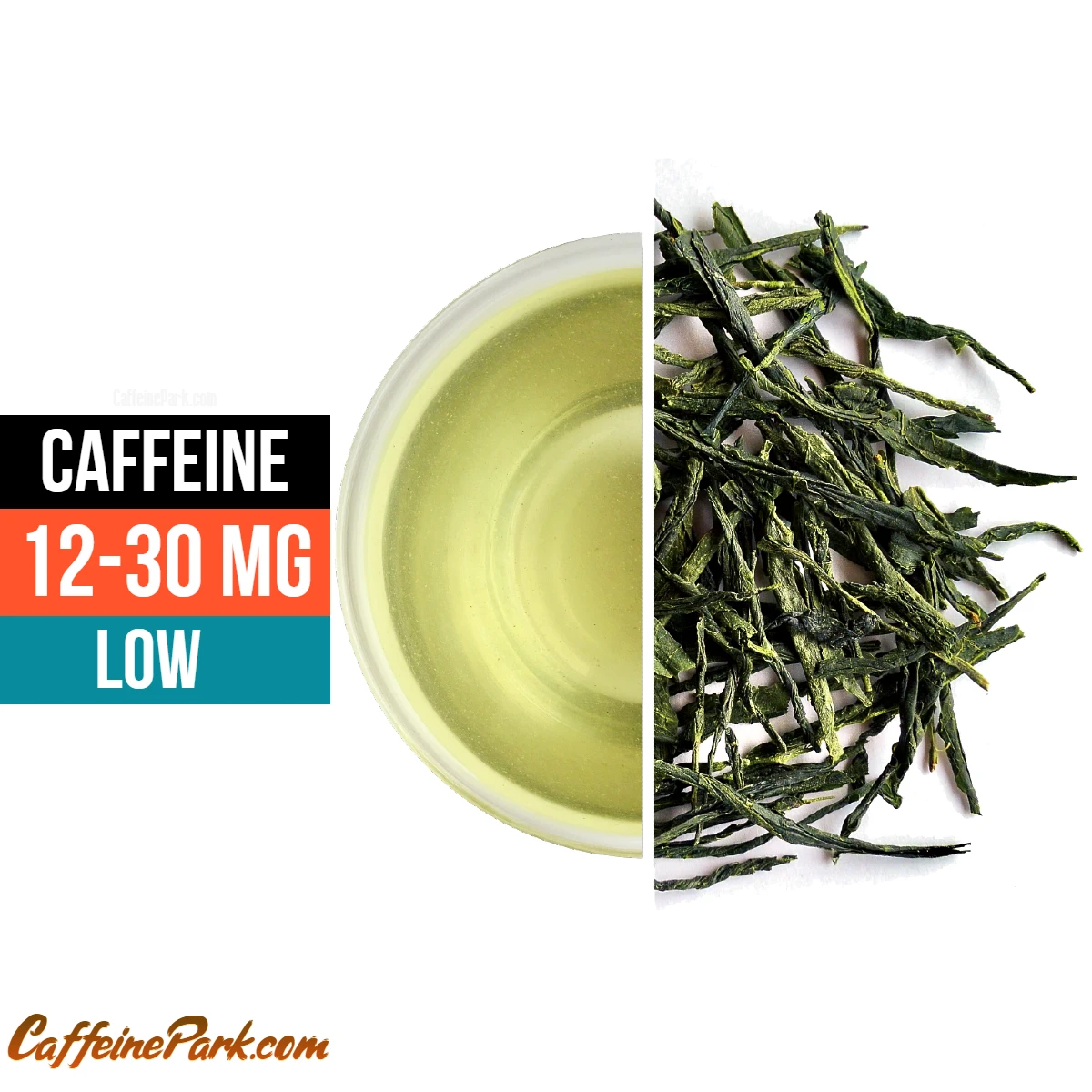
Sencha tea is a type of green tea that is grown in Japan and is made from the leaves of the Camellia sinensis plant. The leaves are picked and quickly steamed to prevent oxidation, which gives Sencha tea its characteristic grassy, vegetal flavor. One of the unique features of Sencha tea is its caffeine content, which is lower than other types of tea such as black tea and oolong tea. If so, you might be curious about the caffeine content in Sencha tea. Well, you’ve come to the right place! In this blog, we’ll delve into the fascinating realm of Sencha tea and unveil the exact amount of caffeine it contains. So, sit back, relax, and let’s embark on this caffeine-filled journey together!
On average, an 8 oz serving of Sencha tea contains approximately 30mg of caffeine. Now, you might be wondering what makes Sencha tea different from its counterparts. Well, it all comes down to the unique processing methods. Sencha tea undergoes a steaming process immediately after harvesting, which helps preserve its vibrant green color and delicate flavor. This careful technique also contributes to the lower caffeine content, making Sencha tea a popular choice for those seeking a moderate caffeine boost without the jitters.
If you’re looking to explore the world of tea without caffeine overload, Sencha tea is a fantastic option. So why not brew yourself a cup, sit back, and enjoy the soothing flavors of this remarkable Japanese green tea? Join us as we journey deeper into the realm of Sencha tea, exploring its origins, health benefits, and the best brewing techniques to unlock its full potential. Prepare to become a Sencha tea connoisseur and discover a whole new world of tea-drinking pleasure!
Does Sencha Tea have caffeine?
Yes, Sencha tea does contain caffeine. On average, Sencha tea contains around 30mg of caffeine per 8 oz serving. However, the amount of caffeine in Sencha tea is generally lower than in other types of tea such as black tea and oolong tea.
| Serving size | Caffeine Amount | Caffeine strength |
|---|---|---|
| 100 ml | 12 mg | LOW |
| 8 fl oz cup (236 ml) | 30 mg | LOW |
- Caffeine Amount: 20mg to 30mg
- Caffeine strength: LOW
- Calories: 0cal
- Serving size: 8 fl oz cup
It’s also worth noting that the caffeine content in tea can vary depending on factors such as the type of tea, the brewing method, and the steeping time. For example, steeping Sencha tea for a shorter period of time will result in a lower caffeine content than steeping it for a longer period of time.
It’s also worth mentioning that people who are sensitive to caffeine or have medical conditions that make it difficult to consume caffeine should be careful with the amount of Sencha tea they drink.
Caffeine in 4 Types of Sencha Tea
When it comes to caffeine content, the different types of Sencha tea can vary slightly. Here’s an overview of the caffeine levels in four popular varieties of Sencha tea:
- Shincha Sencha: Shincha Sencha, made from the first harvest of Japanese green tea in the spring, generally contains around 30-35mg of caffeine per 8 oz serving. This sweet and delicate variety offers a refreshing and vibrant flavor profile.
- Asamushi: Asamushi Sencha, with its shorter steaming time of around 30 seconds, carries a caffeine content similar to other Sencha varieties, averaging around 30-35mg per 8 oz serving. It’s light flavor and bright color make it a popular choice among tea enthusiasts.
- Chumushi: Chumushi Sencha, steamed for approximately one minute, has a slightly stronger flavor compared to Asamushi. It typically contains around 30-40mg of caffeine per 8 oz serving, providing a balanced and robust tea experience.
- Fukamushi: Fukamushi Sencha, steamed the longest among Sencha teas (90 seconds to two minutes), offers a rich, dark, and aromatic flavor. In terms of caffeine, it falls within the range of 30-35mg per 8 oz serving, similar to other Sencha varieties.
It’s important to note that the caffeine content in Sencha tea can vary slightly depending on factors such as brewing time, water temperature, and individual variations in tea leaves. However, in general, Sencha tea provides a moderate caffeine kick, making it a great choice for those looking for a gentle energy boost and increased alertness.
Whether you opt for Shincha, Asamushi, Chumushi, or Fukamushi Sencha, each variety offers its own unique flavor profile and brewing characteristics. Enjoy exploring the diverse world of Sencha tea and find the perfect cup to suit your taste preferences!
Caffeine in Sencha Tea vs. Other Tea
When it comes to caffeine content, Sencha tea holds its own among other popular tea varieties. Let’s take a closer look at how Sencha tea compares to some familiar favorites:
| Hot Drinks | serving size | Caffeine |
|---|---|---|
| Sencha Tea | 8 fl oz | 30mg |
| Brewed coffee | 8 fl oz | 120mg |
| Black tea | 8 fl oz | 60mg |
| Matcha tea | 8 fl oz | 60mg |
| Green tea | 8 fl oz | 30mg |
| Yellow Tea | 8 fl oz | 63mg |
| Lipton Tea | 8 fl oz | 55mg |
| Chai Tea | 8 fl oz | 50mg |
With this comparison, you can make an informed choice based on your desired caffeine intake and the flavor profile you seek. Whether you’re sipping on Sencha tea, enjoying the robustness of coffee, or exploring the nuances of different tea varieties, there’s a caffeinated beverage out there to suit your preferences. So go ahead, savor your favorite cup, and embrace the unique world of tea!
Caffeine in Sencha Tea vs. Coffee
When it comes to comparing the caffeine content of Sencha tea and coffee, there are notable differences that can influence your choice of beverage:
- Sencha Tea: In an 8 fl oz serving, Sencha tea contains approximately 30mg of caffeine. This moderate caffeine level offers a gentle energy boost and increased alertness without the intensity often associated with coffee. Sencha tea is known for its refreshing and vibrant flavors, making it a popular choice for tea enthusiasts seeking a balanced and enjoyable experience.
- Coffee: On the other hand, an 8 fl oz cup of brewed coffee typically contains around 95mg to 165mg of caffeine, depending on the brewing method and coffee bean type. Coffee provides a higher caffeine kick compared to Sencha tea, which can result in a more pronounced stimulant effect. It’s a go-to choice for those who desire a stronger energy boost or need to kick-start their day.
Both Sencha tea and coffee offer their own unique taste profiles and potential health benefits. Sencha tea provides a calming and soothing experience, while coffee delivers a more invigorating and intense flavor. Ultimately, the choice between Sencha tea and coffee depends on your personal preference, desired caffeine level, and the kind of experience you seek from your beverage.
How to Brew Sencha Tea
Brewing a delicious cup of Sencha tea is a simple and enjoyable process. Follow these three steps to savor the flavors of this refreshing Japanese green tea:
- Pre-warm your teapot and cups: Begin by pre-warming your teapot and cups. Sencha tea is traditionally brewed in a Kyusu teapot, which features a built-in metal strainer. Fill the teapot and cups with hot water and let them sit for a few minutes. This helps to ensure that the temperature remains consistent during the brewing process.
- Heat your water and pour it over your tea: Measure around five grams of loose-leaf sencha tea and place it in the metal strainer of your teapot. Heat your water to approximately 158 degrees Fahrenheit (70 degrees Celsius). If you’re using tea bags or sachets, you can brew Sencha tea in a standard teapot or directly in your mug. Just make sure the tea bags are made of cotton, as paper bags can affect the taste. Pour the hot water over the tea leaves or bags to fill the teapot.
- Steep your tea: Allow the tea to steep in the hot water for about two minutes. This steeping time allows the flavors of the sencha leaves to infuse into the water, creating a rich and aromatic brew. Once the steeping is complete, you can top off your teapot with a small amount of piping hot water if desired, and then it’s time to pour and enjoy your cup of Sencha tea.
What Is the Difference Between Sencha and Matcha?
While sencha and matcha both originate from the same plant, Camellia sinensis, they have distinct characteristics that set them apart:
- Color: Matcha tea is known for its vibrant, bright green color, while sencha has a more muted hue that can range from light yellow to bright green. The color of matcha is a result of the shading process it undergoes before harvest.
- Taste: Sencha has a grassy and earthy flavor profile. It starts with a slightly astringent taste, which then develops into a subtle sweetness and savory notes. Matcha, on the other hand, has a distinct umami flavor, a creamy texture, and a natural sweetness.
- Tea Production: Sencha is a loose-leaf tea that undergoes steaming and rolling during production. Matcha, however, is made by grinding specially grown and shaded tea leaves into a fine powder. This powder is then whisked into hot water or milk to create the beverage.
- Brewing: Sencha is typically brewed by steeping the whole, rolled leaves in hot water. Matcha, as a powdered tea, is whisked or stirred into hot water (and sometimes milk) until it is fully dissolved and frothy. This method ensures that the entire leaf is consumed.
- Drinking: When enjoying Sencha, you are infusing the tea leaves and drinking the resulting liquid, without ingesting the leaves themselves. Matcha, on the other hand, is consumed by whisking the powdered tea into the water, allowing you to ingest the entire leaf.
- Harvesting: Sencha is made from tea leaves that are grown in direct sunlight. The leaves used for sencha are typically the top leaves and stems of the Camellia sinensis bush. Matcha, on the other hand, comes from tea leaves that are grown in the shade. Only the youngest and finest leaves at the very tip of the shoot are used for matcha production.
Understanding the differences between Sencha and matcha allows you to appreciate their unique qualities and choose the tea that best suits your preferences. Whether you prefer the vibrant and powdered experience of matcha or the refreshing
Review
Sencha tea is a type of green tea that is grown in Japan and is made from the leaves of the Camellia sinensis plant. It is known for its grassy, vegetal flavor and is often used in traditional Japanese tea ceremonies. The leaves are rolled into thin needles and can be cursed and cursed in a teapot or infuser. It is one of the most consumed teas in Japan and is also popular around the world.
History
The history of Sencha tea dates back to the 18th century in Japan when it was first developed as a way to provide a more affordable alternative to the traditional Japanese tea ceremony tea, Gyokuro. Sencha tea quickly gained popularity among the common people and eventually surpassed Gyokuro in popularity. Today, Sencha tea is one of the most consumed teas in Japan and is also popular around the world.
Taste and Flavor
Sencha tea has a unique taste and flavor that is characterized by its grassy, vegetal notes. It has a light, refreshing taste with a slight sweetness and a hint of astringency. The taste of Sencha tea can vary depending on the quality of the leaves and the brewing method. High-quality Sencha tea is known for its delicate flavor and aroma, while lower-quality Sencha tea may have a more bitter taste.
Ingredients and Nutrition
The main ingredient in Sencha tea is the leaves of the Camellia sinensis plant. In addition to this, Sencha tea is also rich in antioxidants, which are compounds that can help to protect the body against damage from harmful molecules called free radicals. The most abundant antioxidant found in Sencha tea is called EGCG (epigallocatechin gallate), which is a type of catechin. Studies have shown that EGCG can help to protect against various diseases, including cancer and heart disease.
Another active ingredient in Sencha tea is L-theanine, which is an amino acid that is known for its relaxing properties. L-theanine can help to reduce stress and anxiety, and may also improve cognitive function.
Side effects
Sencha tea is generally considered safe to consume and has few known side effects. However, as with any food or beverage, it is possible to have an allergic reaction to Sencha tea. Additionally, people who are sensitive to caffeine or have medical conditions that make it difficult to consume caffeine should be careful with the amount of Sencha tea they drink.
Price and Availability
Sencha tea is widely available in Japan and can be found in most supermarkets and specialty tea shops. The price of Sencha tea can vary depending on the quality and brand. High-quality Sencha tea can be quite expensive, while lower-quality Sencha tea is more affordable.
Comparison to Others
Sencha tea is different from other types of green tea, such as Gyokuro, which is grown in a shaded environment and has a more delicate, sweeter flavor. In comparison, Sencha tea has a stronger, more vegetal flavor and is generally more affordable.
Customer Reviews
Many people enjoy the unique taste and flavor of Sencha tea and appreciate its health benefits. Some people find that the grassy, vegetal flavor can take some getting used to, but once they get used to it, they really enjoy it.
Pros and Cons
Pros:
- Has a unique taste and flavor
- Rich in antioxidants and other beneficial compounds
- Has a lower caffeine content than other types of tea
- Widely available and affordable
Cons:
- The grassy, vegetal flavor may not be to everyone’s taste
FAQs
Sencha tea contains a moderate amount of caffeine. On average, an 8 oz serving of sencha tea contains around 30 milligrams of caffeine. However, it’s important to note that the caffeine content can vary depending on factors such as brewing time and water temperature.
Yes, sencha tea generally has a similar caffeine content to other types of green tea. However, it’s worth mentioning that the caffeine levels can vary slightly depending on the specific variety of green tea and the brewing method used. Overall, sencha tea is known for providing a gentle energy boost without the jitters often associated with higher caffeine beverages.
In comparison to other commonly consumed beverages, sencha tea has a lower caffeine content. For example, an 8 oz serving of sencha tea contains about half the amount of caffeine found in an 8 oz cup of brewed coffee, which typically contains around 95 milligrams of caffeine. Sencha tea can be a great alternative for those looking to moderate their caffeine intake while still enjoying a flavorful and invigorating beverage.
It is possible to reduce the caffeine content in sencha tea through decaffeination processes. However, it’s important to note that these processes may affect the flavor and aroma of the tea. If you are specifically looking for a decaffeinated option, you can explore teas labeled as “decaffeinated sencha” or consider other naturally caffeine-free herbal teas for a caffeine-free experience.
Is Sencha tea good for sleep?
Sencha tea contains L-theanine, an amino acid that induces calmness, lowers your heart rate, and improves sleep. Sencha is the finest quality Green tea produced in Japan. It tastes like a combination of green tea and grass. It has a light flavor and does not contain any caffeine.
Does Sencha reduce weight?
Sencha Tea is a herbal tea that helps you lose weight quickly. It contains many herbs that help your body eliminate toxins and fat. Its active ingredients include green tea, guarana, ginseng, lemon grass, fennel seed, licorice root, rosemary, thyme, aloe vera, and ginger.
These ingredients help increase metabolism, boost energy levels, and promote overall health. Sencha Tea has many health benefits. It can also help lower cholesterol, fight cancer, reduce stress, and prevent heart disease.
Is Sencha tea better than Matcha tea?
Matcha Tea contains more nutrients and antioxidants than Sencha does because you are not simply drinking tea; you are getting all of the nutritional properties of the whole leaf. You get all the vitamins, minerals, fiber, enzymes, chlorophyll, catechins, caffeine, amino acids, polyphenols, flavonoids, and phytosterols.
Those will help your body stay healthy, especially if you eat a healthy diet. Matcha is considered to be an antioxidant powerhouse. It helps protect against cancer, heart disease, diabetes, and other diseases. A single serving of matcha may contain as many as 40 different antioxidants. There are even studies showing that matcha could help lower blood sugar levels.
Read More:
